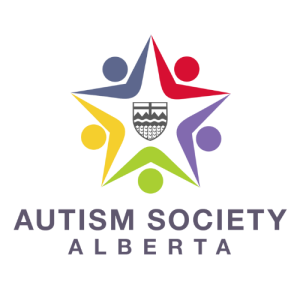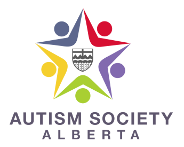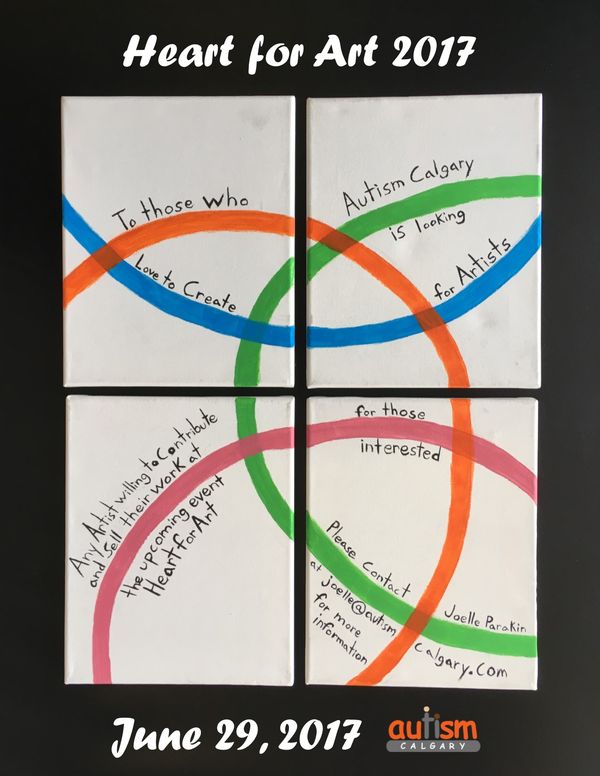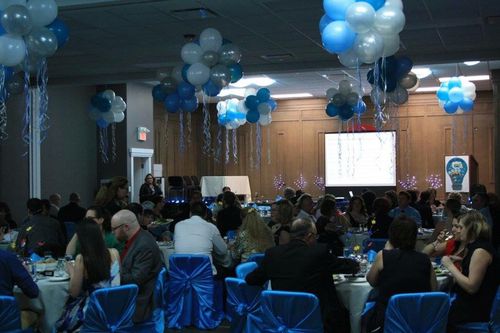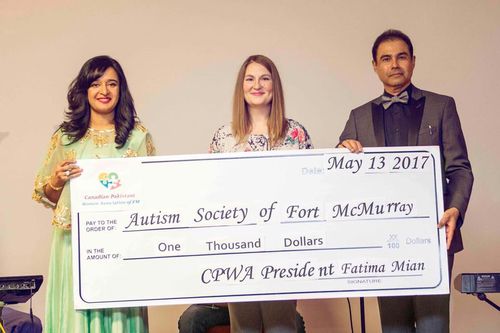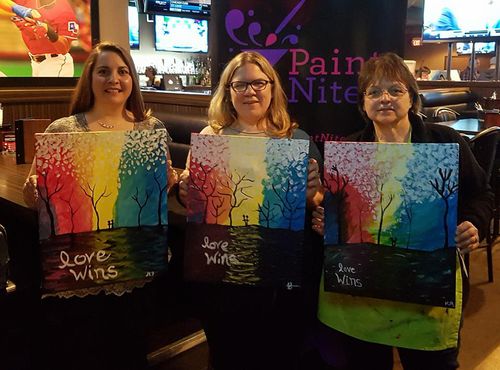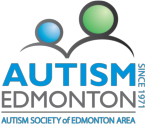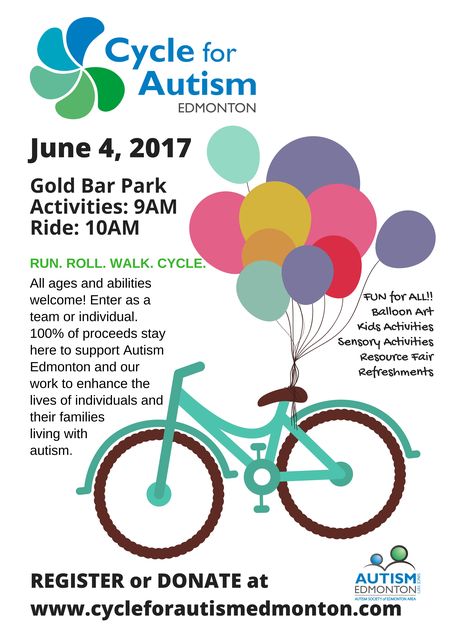Our Spring Vacation
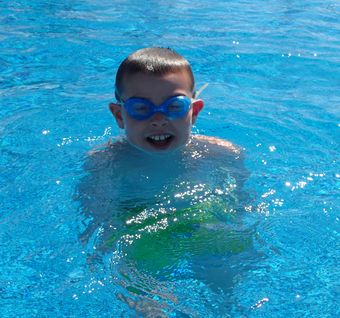 This Spring Break, we were very fortunate to get away on a vacation to Mexico. It was definitely time to escape winter for a bit! We had travelled with Conor and Shea before, so I had picked up a few tips for this upcoming trip.
This Spring Break, we were very fortunate to get away on a vacation to Mexico. It was definitely time to escape winter for a bit! We had travelled with Conor and Shea before, so I had picked up a few tips for this upcoming trip.
I made sure we had plenty of activities to choose from on the plane. After all, Conor told me before that plane journeys are the most boring thing in the world! We packed together, so he had lots of say in what he wanted to bring, and he chatted lots about what we would do once we got there. For the first time, he was actually getting excited about the whole adventure!
This time our airport experience was much calmer. The new terminal in Calgary meant we did not have to line up or deal with crowds going through security. That really helped! Choosing where to eat did result in a meltdown, but Conor went along with our group plan and tried a new restaurant. Before boarding, he spent lots of time in the play areas and running up and down the corridor to satisfy his sensory needs!
The flight went great, with no big lineups after we landed, and we arrived at our destination safe and sound after a very long day of travel. Big relief!
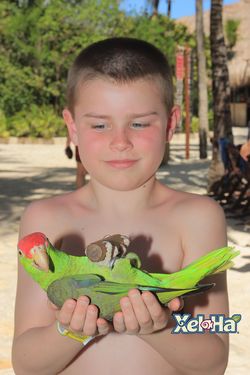
Our vacation was the best one yet! Everyone (including parents!) had a break. We had downtime everyday, and then we were good to go again. Swimming in the pool and crashing into the waves all day really satisfied Conor's sensory-seeking need, too. We even got to eat out several times! Conor tried octopus and shrimp for the first time – he even suggested where we should go to eat.
It was such a good feeling for everyone to be outside and active. The best thing was having my phone switched off and just checking emails and Facebook every few days for a few minutes. I loved the quality time that we all spent together. There were lots of teachable moments for my husband, and he and Conor really bonded through swimming, snorkelling and fishing.
Our return trip was totally uneventful. Conor rented a tablet on our flight and just watched movies. By the time we were leaving Mexico, he was ready to go back to his ‘structure’. We were away for twelve days in total, so a huge win – we cannot wait to do it again! Now that he is eight we have promised to start scuba diving with him – something to look forward to on the next trip!
Save The Date!
Annual General Meeting
Saturday, August 26, 2017 @ 10:00 AM
Red Deer – Location TBA
All members welcome!
Heart for Art

Heart for Art is an annual event on Stephen Avenue in downtown Calgary held by Canadian Artists for the Poor. The event allows local artists to showcase and sell their art. Registration and other fees are donated to local and international charities. Autism Calgary will be having a booth to display and sell art by artists on the autism spectrum. If you are interested in having your art in our booth please fill out the attached form and email it to Joelle at joelle@autismcalgary.com by June 15th, 2017.
Story PALS: How Reading to a Dog Gave My Daughter a Voice
 A long, slow road based on persistence and a patient volunteer
A long, slow road based on persistence and a patient volunteerAdult Autism Service Opens in Edmonton: Part 1

In 2014 the Sinneave Family Foundation (SFF) funded a team at the Glenrose to conduct an environmental scan and to review best practice models of service delivery for adults with ASD. The lack of coordinated, autism-knowledgeable physical and mental health care for the rapidly growing number of adults with autism in Alberta was identified as a critical issue.
The 2014 report to the SFF recommended the creation of services for adults with autism consisting of a coordinated, autism-knowledgeable medical home; a diagnostic service for adults suspected of having autism; and consultation by experts in autism to health care professionals working with adults with ASD.
Beginning in 2015, with further funding from the SFF, the GRH and the Edmonton Oliver Primary Care Network (EOPCN) began work on a new initiative to enhance health care services for adults living with autism spectrum disorders.
The Project Team, working closely with an Advisory Committee composed of experts including patients and families, developed a plan to
- Pilot a diagnostic clinic for adults at GRH
- Pilot a system to provide consultative support for physicians and clinicians working with adults with autism within the GRH catchment area and
- Partner with the EOPCN to provide a medical home for adults with autism.
The new Adult Autism pilot diagnostic service saw its first patient for assessment on November 16th, 2015. Education was provided to the EOPCN staff on the basics of serving adults with ASD, and they opened their doors to adults in January 2016.

Who has been referred? A few examples include adults whose children have been diagnosed with ASD and who see some of the same characteristics in themselves; people with a history of mental health issues who feel that their current diagnosis does not adequately account for their symptoms; and people who are struggling with unemployment/underemployment, relationship challenges or post-secondary school challenges, and whose symptoms are consistent with an ASD diagnosis. These are people who are looking for answers and are ready to have the difficult conversations necessary to explore the possibility of an Autism Spectrum Disorder diagnosis.
Since November of 2015, 79 patients have been seen, 47 of whom were diagnosed with ASD. Others have received other diagnoses and were referred for appropriate services or additional assessment. 65 individuals are waiting to be seen.
Next in this series, I will talk about the consultation and medical home components of the service, as well as next steps.
We Want to Hear From You!
Autism RMWB Rings in Spring
Spring is here! The Autism Society of the RMWB is excited to tell you all about our events during the past month.
Our 1st Annual Autism Awareness Art Gala was on April 22nd. We started the night with presentations about our newly-founded society, followed by special thanks to our sponsors. We then had a phenomenal three-plate meal from Chef 2 You. After dinner we enjoyed dessert while watching a hilarious act from Team Autism, a group of local artists on the spectrum. We could barely catch our breaths, and right after that comedian Don Burnstick came on and kept the crowd roaring for another whole hour! Finally, we ended the night with a silent and live auction of beautiful artwork from local artists, plus a 50/50 Draw and a raffle draw for watches donated by Michael Hill.
Needless to say, we had an absolutely grand time, while also raising about six thousand dollars for local autism programs. We are already planning next year’s Gala! We could not have pulled off such a great event without all of our volunteers who put in many, many hours, our sponsors, and the members of the community who came out to help spread awareness and support our cause.
For another fundraiser, we sold some lovely hanging baskets from Meadow Creek Greenhouses, and managed to ring up $1,830 in sales!
On May 12th, we were invited to have an information booth at the Casman Center for the Prestige Fights. We raffled off Mother’s Day and Father’s Day Baskets. We had many generous donations from the community, and got to talk to a lot of people about our society.
The Canadian Pakistani Women's Association of Fort McMurray generously picked the Autism Society as the charity of choice for their Mother’s Day Event on May 13th. It was a great night full of music and food, and we thank them for their support!
We also held a Paint Night fundraiser for Mother's Day at the Canadian Brew House. We raised $675, and all the mothers had a great time painting!
During the upcoming months we are hosting:
- Support 4 Moms Society monthly support meetings
- In June, a Family Fun Day for the community.
- A Hot Dog Stand on July 22-23, courtesy of Home Hardware
- An Urban Market in August
We are looking forward to summer, which is just around the corner, along with all our plans for our community!
All the best from Autism Society of the RMWB,
Sincerely,
Autism Society of the Regional Municipality of Wood Buffalo
780-742-4424
AutismSupport@AutismRMWB.org
Who Will Take Care of Our Kids (When We No Longer Can)?
Part 1 of a Series
Most typical parents rarely give thought to what happens to their adult children when they are no longer able to support them or when they are deceased. Most families see their children become adults, completely independent in all aspects of life, and in many cases the children end up caring for their aging parents. This is the normal aging process. But for families with a dependant adult living with ASD, 
In September 2016, the Autism Society Alberta Board of Directors funded the project ‘Who Will Take Care Of Our Kids (When We No Longer Can)?’ The purpose of this project was to further the Board’s understanding of this issue. Thirty-four stakeholder interviews were conducted, and three questions were asked of each stakeholder:
- What currently exists to ensure a sustainable quality of life for adults with ASD?
- Where are the gaps?
- Are there any innovative ideas or new models?
Stakeholders gave examples of housing models that were working for some: host families, family-owned homes with government support, supportive roommates, and communities of faith that have created housing. There were also other examples of housing models, like co-op living. Stakeholders noted programs to address the issue, such as the concept of a network of people who voluntarily agree to support the individual for life, government funding for those who are eligible (AISH, PDD, RDSP), government services (public guardian), Canadian and provincial coalitions that are working specifically on this issue, and the importance of a support plan or template to pass on detailed information to new caregivers and guardians.
The most common gap noted was that parents are not planning ahead. Stakeholders noted that some aging families did not even have the basics in place, like an appointed guardian or a will. Other gaps included:
- The lack of quality housing, which has resulted in growing wait lists
- The cliff that people face when the individual turns 65
- The lack of caring, trained and available staff
- The lack of public awareness of challenges faced by aging families, and
- The lack of mentorship for both families and individuals to connect with those who have succeeded in creating sustainable quality of life.
Overall, many services that already exist were not known by families or agencies. Good ideas are not easily accessible. The system of support is fragmented, unintuitive and difficult for parents to navigate.

Through this research, best practices were also discovered that could be used together to help address this growing problem. These best practices include:
- Creating a network of committed people for support
- Planning early
- Enhancing financial security through RDSP contributions and discretionary trusts
- Accessing home settings with high level qualified agency staff who work in collaboration with families
- Ensuring communication through ongoing care/support plans
These outcomes are complicated and time consuming for families to achieve. For some families, they may be impossible. Improved information access and better support for families navigating the system, plus increased public awareness and enhanced system capacity, are among a few of the answers moving forward.
This is an overview of some of the challenges, best practices and possible solutions that were uncovered through this study. Over the coming months, we'll be featuring further excerpts from the Who Will Take Care of Our Kids report in Autism Around Alberta.
Shape the Future!
Want a chance to influence the future of people and families affected by autism? Consider becoming a Director of Autism Alberta. We are looking for directors from southern Alberta, rural Alberta and from northwest Alberta, but if you are interested and live anywhere in Alberta, we’d still like to talk with you. Time commitment is less than 10 hours/month. To inquire, please contact Deborah at dbarrett@interbaun.com. Subject heading should say Board Inquiry Autism Alberta.
Cycle for Autism Edmonton – Next Sunday!
On Sunday, June 4th, Autism Edmonton is hosting its eighth annual Cycle for Autism event at Gold Bar Park! Cycle for Autism is a fun and inclusive event for all ages and abilities, held annually to increase awareness and acceptance of autism, and raise essential funds for Autism Edmonton. Revenue from Cycle will go towards our programs, support services, and member events that support individuals and families living with autism. The event is free, but teams and individuals are encouraged to collect pledges to raise money for Autism Edmonton, a local organization that provides essential information, programs, and support to people with autism and their families. Teams and individuals then participate in the event by running, rolling, walking, or cycling!
We have three routes this year: a 1km bike parade, a 1.5 km distance, and a 3.5km distance! For the bike parade, we are encouraging teams to dress up their bikes and themselves, as we will be giving out Spirit Prizes to individuals on the route who are showing their spirit through their decorations, energy and enthusiasm, effort, and anything else that makes the judges smile! Lastly, we will have other fun activities such as balloon art, bouncy castle, resource fair, clowns, prizes, and refreshments.
To donate, register yourself or your team, to volunteer, and to learn more about our event, please visit www.cycleforautismedmonton.com!
Click below to view the full poster
National Autism News from Autism Canada

Federal Government Initiatives
 Canada’s National Housing Strategy report has been released and is available online. The majority of participants agreed that this strategy should support Canadians in the greatest need, including low-income individuals and families. We know that spectrum adults are often under- or unemployed and, consequently, they live below the poverty line. It is essential that the government continues to invest in programs and policies that make housing more affordable and accessible for Canadians. This is an opportunity for the autism community in Alberta to stand together and advocate for new, expanding housing programs that are inclusive and suitable for people on the spectrum.
Canada’s National Housing Strategy report has been released and is available online. The majority of participants agreed that this strategy should support Canadians in the greatest need, including low-income individuals and families. We know that spectrum adults are often under- or unemployed and, consequently, they live below the poverty line. It is essential that the government continues to invest in programs and policies that make housing more affordable and accessible for Canadians. This is an opportunity for the autism community in Alberta to stand together and advocate for new, expanding housing programs that are inclusive and suitable for people on the spectrum.I'm Tired Today
 I get like this at the end of the academic year — it is as if all the exhaustion, the stress and wear of all the hard days and long nights of the eight months before have been suspended, weightless, only for gravity to reassert itself with the end of the winter semester, to fall upon me all at once like an avalanche.
I get like this at the end of the academic year — it is as if all the exhaustion, the stress and wear of all the hard days and long nights of the eight months before have been suspended, weightless, only for gravity to reassert itself with the end of the winter semester, to fall upon me all at once like an avalanche. I feel an immense pressure to be perfect – to present myself as everything that is good and nothing that is bad about life with autism, to fight stereotypes and pessimism and the restrictive, narrow ideas of what a person with autism can do and can be. The weight of expectations, not least of all my own, makes my limbs heavy, my thoughts thick and hot as molten lead. In this moment, by pushing forward, I only compound the existing fractures, I only fray further my already-frayed nerves.
I feel an immense pressure to be perfect – to present myself as everything that is good and nothing that is bad about life with autism, to fight stereotypes and pessimism and the restrictive, narrow ideas of what a person with autism can do and can be. The weight of expectations, not least of all my own, makes my limbs heavy, my thoughts thick and hot as molten lead. In this moment, by pushing forward, I only compound the existing fractures, I only fray further my already-frayed nerves.
